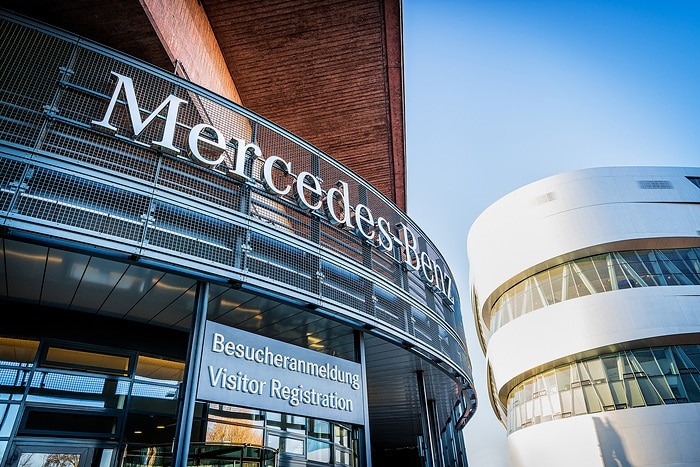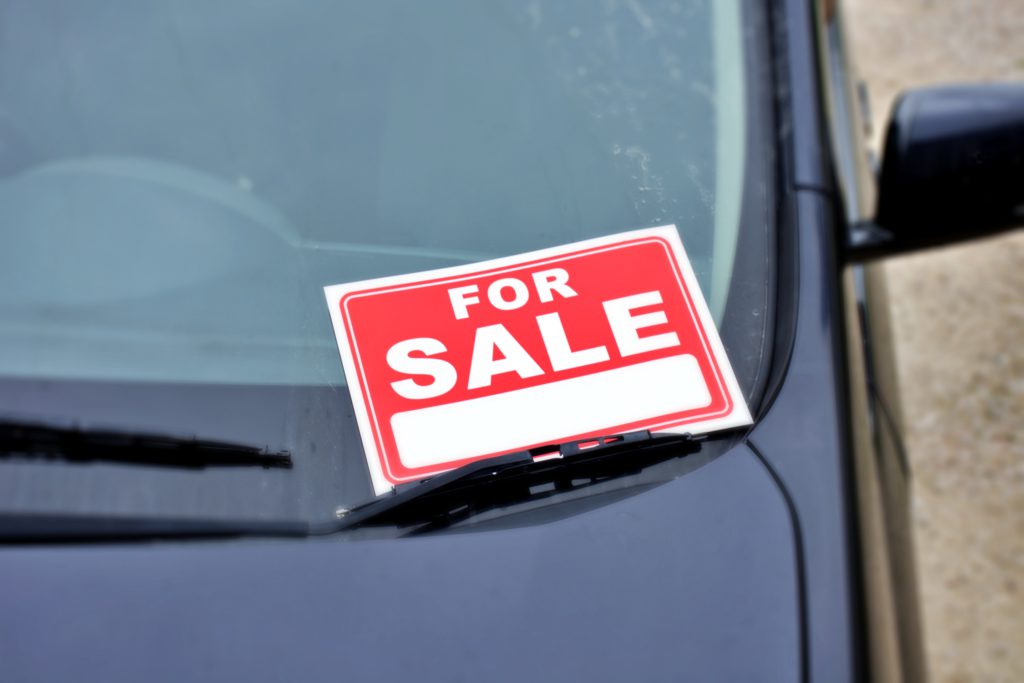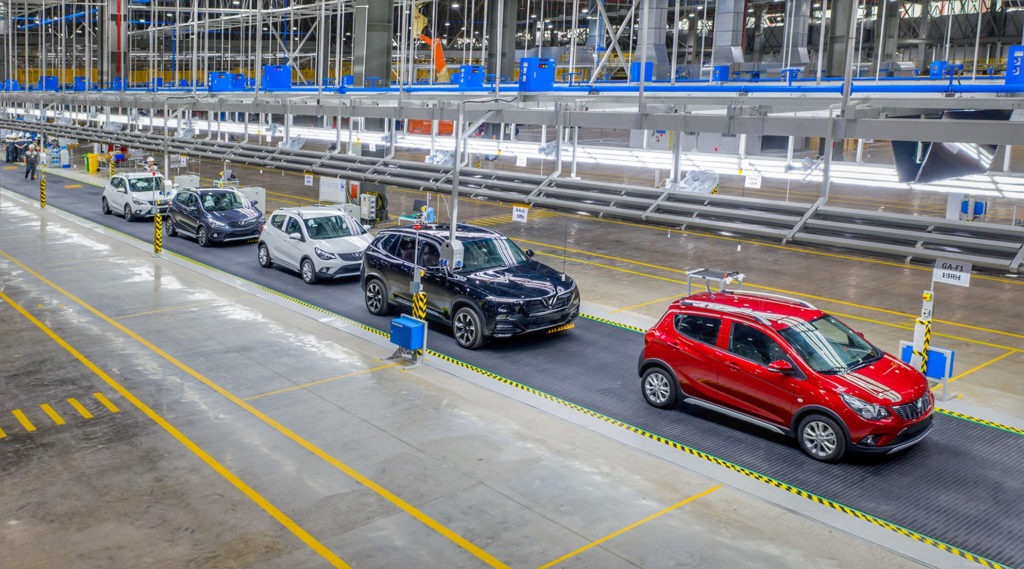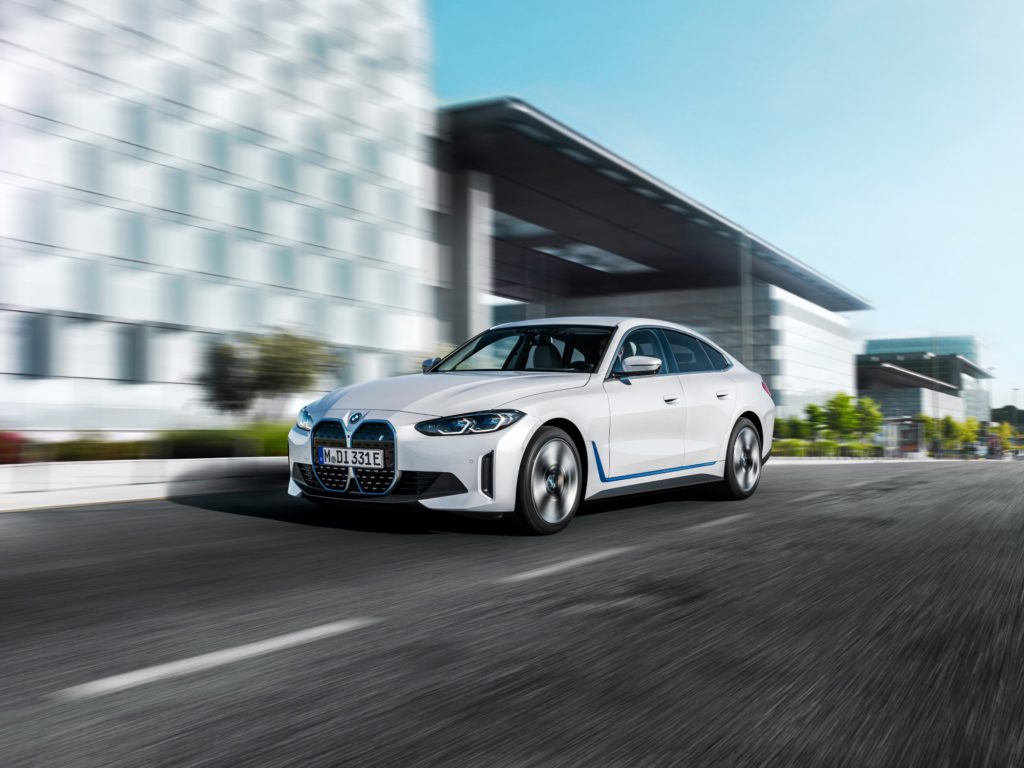German new-car market kicks off 2022 with a glimmer of hope
04 February 2022
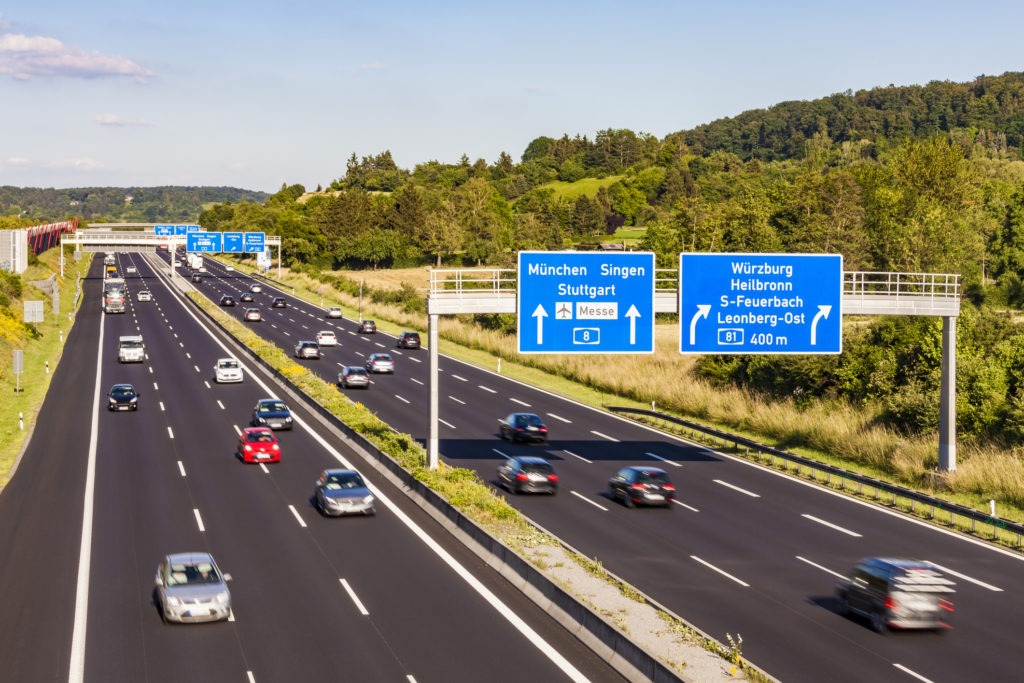
New-car registrations in Germany amounted to 184,112 units in January – an 8.5% increase compared to a year ago, according to the latest figures released by the Kraftfahrt-Bundesamt (KBA). This comes after the new-car market endured a 10% decline in 2021 compared to pandemic-stricken 2020, which even a registration surge of electrically-chargeable vehicles (EVs) was not able to offset.
While the new year has kicked off with an improvement compared to 2021 and provides a glimmer of hope, Autovista24 does not expect the market to pick up significantly until the second half of the year. With one extra working day last month compared to January 2021, Autovista24 found that, on an adjusted basis, new-car registrations grew by only 3.3% last month.
It is also noteworthy that dealerships were closed in the country until March last year, so the latest KBA figures compare to a relatively low base, but the volume was in line with Autovista24’s forecast. Looking ahead, Autovista24 maintains its projection for the year, anticipating 2.9 million new-car registrations in 2022, which equates to a 10.5% increase year-on-year.
Potential for recovery
The Germany-based Association of International Motor Vehicle Manufacturers (VDIK) was cautious about the newly released figures.
‘The automotive industry has little reason to take a deep breath at the beginning of the year,’ said VDIK president Reinhard Zirpel. ‘In January, the market was still a long way from the pre-crisis level. We are registering around a fifth fewer new registrations than in the January months of 2020 and 2019. There is great potential for recovery as the year progresses, as the order backlog is very high. However, the market development depends crucially on the extent to which delivery capability can be improved.’
Petrol cars had the largest market share with 36.7%, seeing a year-on-year 7.2% increase in registrations in January. Their diesel counterparts plummeted by 10.4% and held a share of 21.6%. Electromobility continues to boom in the country, spurred on by attractive incentives. Battery-electric vehicles (BEVs) came out as the big winners, with new registrations jumping by 28.1% year-on-year, resulting in a market share of 11.3%.
Order cancellations
As in other European countries, the ongoing chip crunch is taking a toll on the automotive sector in Germany, leading to a backlog of orders. A survey, recently published by the central association of the German motor-vehicle trade (ZDK), found that in the past three months alone, 430,000 orders of new cars have been cancelled, leaving dealerships high and dry. The organisation carried out the survey among 880 companies, of which 80% confirmed that they had been directly affected by orders being cancelled.
‘One gets the impression that the manufacturers and importers are possibly passing their problems on to retailers and customers, who cannot do anything about these problems and are already plagued enough by long delivery times. If I accept an order as a manufacturer, then I also have to ensure that the vehicle is built and delivered, regardless of the semiconductor crisis,’ said ZDK vice president Thomas Peckruhn. He added the situation was ‘intolerable,’ especially against the backdrop of the ‘massive slump’ in new-car registrations last year. Given that OEMs had committed to delivering the cars, legal repercussions could follow suit, the organisation warned.
The recovery of the German market is not only held back by general supply shortages and a spike in COVID-19 infections, but also by rising inflation. The government recently cut its economic growth forecast for 2022 to 3.6%, down from the 4.1% forecast in October. Looking even further ahead, economy minister Robert Habeck said last week economic growth would slow down to 2.3% in 2023.
Meanwhile, fuel prices are rising, and analysts anticipate a further increase this year – not least because of the CO2 tax on climate-damaging emissions, which was introduced in January. This will see a rise from €25 to €30 per tonne this year, meaning both petrol and diesel prices will go up, having a knock-on effect on consumers. German automobile club ADAC found that diesel prices reached a peak in January, costing an average of €1.60 per litre.
